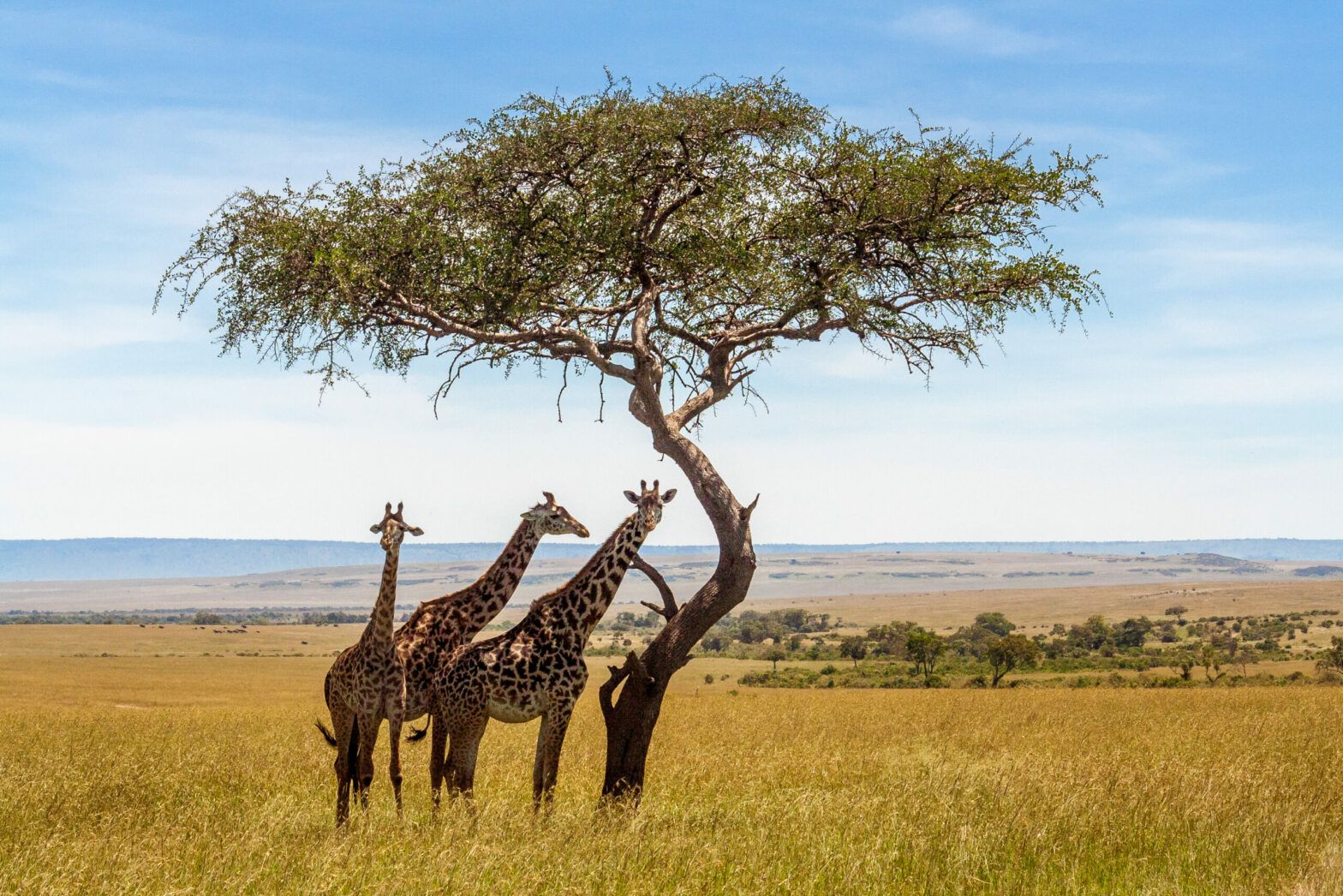In Africa, the challenge isn’t getting more investors to embrace the concept of ‘responsible investing.’ To a large extent, this has already happened.
Among limited partnerships (LPs), more than 97% already believe it is important to consider ESG factors when making investment decisions, according to a 2021 industry survey by the African Private Equity and Venture Capital Association (AVCA).
This isn’t surprising. Development finance institutions have played a pivotal role in attracting private capital to the continent for decades, and national and international development finance institutions (DFIs) began discussing the need for environmental standards as far back as the 1990s. What’s more, in a continent where 600m people still don’t have access to electricity, 320m are without safe drinking water, and 250m suffer from hunger, there are more opportunities for investors to make a positive economic, environmental or social impact here than in any other region in the world.
Looking ahead, the new challenge is to get investors deploying capital in Africa to embrace a more-expansive definition of responsible investing. That definition must reflect:
- The specific needs of private businesses on the continent, which is witnessing rapid population growth, urbanisation, and an emerging consumer class.
- An appreciation of the complexities surrounding the environmental debate in Africa. On the one hand, CO2 emissions are growing faster in dozens of emerging economies, including Nigeria, Congo, Uganda, and Ethiopia, than the world national average, according to a recent World Bank report. On the other hand, distinctions must still be made when it comes to sheer scale. In Kenya, for example, the per capita carbon footprint is less than 3% of that of the US.
- A fundamental understanding that economic growth equals social impact. More so than in any other region of the world, meaningful economic growth, coupled with real rising incomes, can have a powerful trickle-down effect in Africa on issues ranging from educational opportunities to health outcomes.
What makes Africa different
Africa’s demographics and development offer a compelling backdrop for private capital. The continent’s 2.7% average annual population growth, for example, is twice as fast as South Asia’s (1.2%) and Latin America’s (0.9%) growth rates, and those are the next-fastest growing regions in the world. At this pace, Africa’s population is expected to double to 2.5bn people by 2050.
Africa’s population is also rapidly urbanising. Today, out of 1.36bn current inhabitants, 587m, or 43%, live in urban centers, according to the UN World Urbanization Prospects: The 2018 Revision.
The promise of brighter economic prospects within city centres continues to draw rural dwellers into cities and towns, meaning the number of urban residents is set to rise to over 1.1bn, or 50%, by 2040. Meanwhile, macroeconomic and political governance in Africa has improved markedly since the 1980s. At a macro level, these ‘mega-trends’ may be easy to see, but investors may not be able to detect how these trends are unfolding — and how quickly — unless they are actually on the ground and living in these communities.
The challenges of scaling growth in Africa
While investment opportunities are burgeoning on the continent, Africa is in many ways a market in transition. Countries that are evolving from low-income to middle-income status are also experiencing a transformation when it comes to corporate culture, relying less on a founder’s dynamism and relationships and more on the competencies of a management team with appropriate decision-making systems in place.
At Adenia Partners, we utilize a control investment strategy to support emerging companies to make this transformation by developing their people and systems. Majority ownership also allows Adenia to install experienced managers, directors, and advisors to bring operational and strategic expertise to our investees and to ensure that the conditions to create a high-functioning workforce are in place: health and social benefits, professional development and training, and promoting gender equality and diversity.
The challenges of sustaining growth in Africa
In Africa, being a responsible investor is meaningless unless you take responsibility for showing promising companies how to bring about positive change.
This means guiding companies to grow by helping them gain access to the services and capital they’ll need to transition to the next level; demonstrating how to grow the right way through professional management and processes; and showing them how to scale that growth so they can transform their communities environmentally, socially, and financially.








